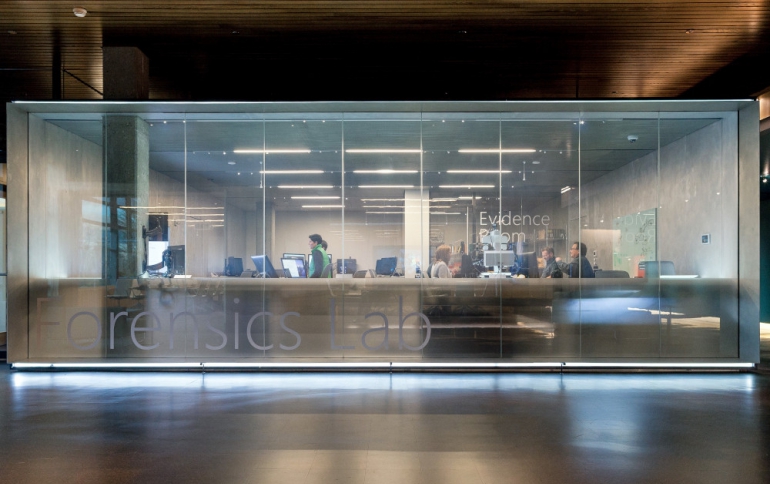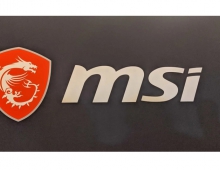
Microsoft Says Iranian Hackers Targeted U.S. Presidential Campaign
Microsoft recently saw significant cyber activity by a threat group the company calls Phosphorous, which is beliebed to originate from Iran and is linked to the Iranian government.
In a 30-day period between August and September, the Microsoft Threat Intelligence Center (MSTIC) observed Phosphorous making more than 2,700 attempts to identify consumer email accounts belonging to specific Microsoft customers and then attack 241 of those accounts. The targeted accounts were associated with a U.S. presidential campaign, current and former U.S. government officials, journalists covering global politics and prominent Iranians living outside Iran. Microsoft said that four accounts were compromised as a result of these attempts; these four accounts were not associated with the U.S. presidential campaign or current and former U.S. government officials. Microsoft has notified the customers related to these investigations and threats and has worked as requested with those whose accounts were compromised to secure them.
Phosphorous, also known as APT 35, Charming Kitten, and Ajax Security Team, used information gathered from researching their targets or other means to game password reset or account recovery features and attempt to take over some targeted accounts. For example, they would seek access to a secondary email account linked to a user’s Microsoft account, then attempt to gain access to a user’s Microsoft account through verification sent to the secondary account. In some instances, they gathered phone numbers belonging to their targets and used them to assist in authenticating password resets.
While the attacks were not technically sophisticated, they attempted to use a significant amount of personal information both to identify the accounts belonging to their intended targets and in a few cases to attempt attacks. "This effort suggests Phosphorous is highly motivated and willing to invest significant time and resources engaging in research and other means of information gathering," said Tom Burt, Corporate Vice President, Customer Security & Trust, Microsoft.
Microsoft's Digital Crimes Unit has also taken legal and technical steps to combat Phosphorus attacks and continues to take these types of actions.
The company encourages all its customers to enable two-step verification on their Miccrosoft accounts which can be done in Account Security settings. While there are a number of ways to enable this two-step verification, the most secure option is through a password-less solution like Microsoft Authenticator.
People can also periodically check their login history.





















